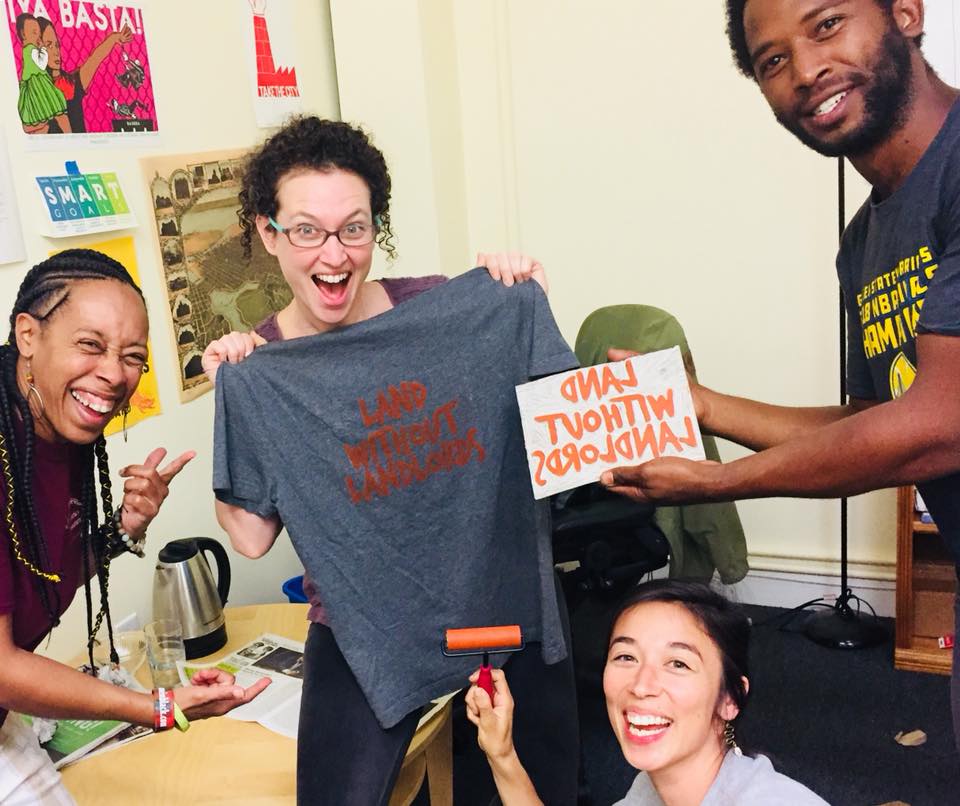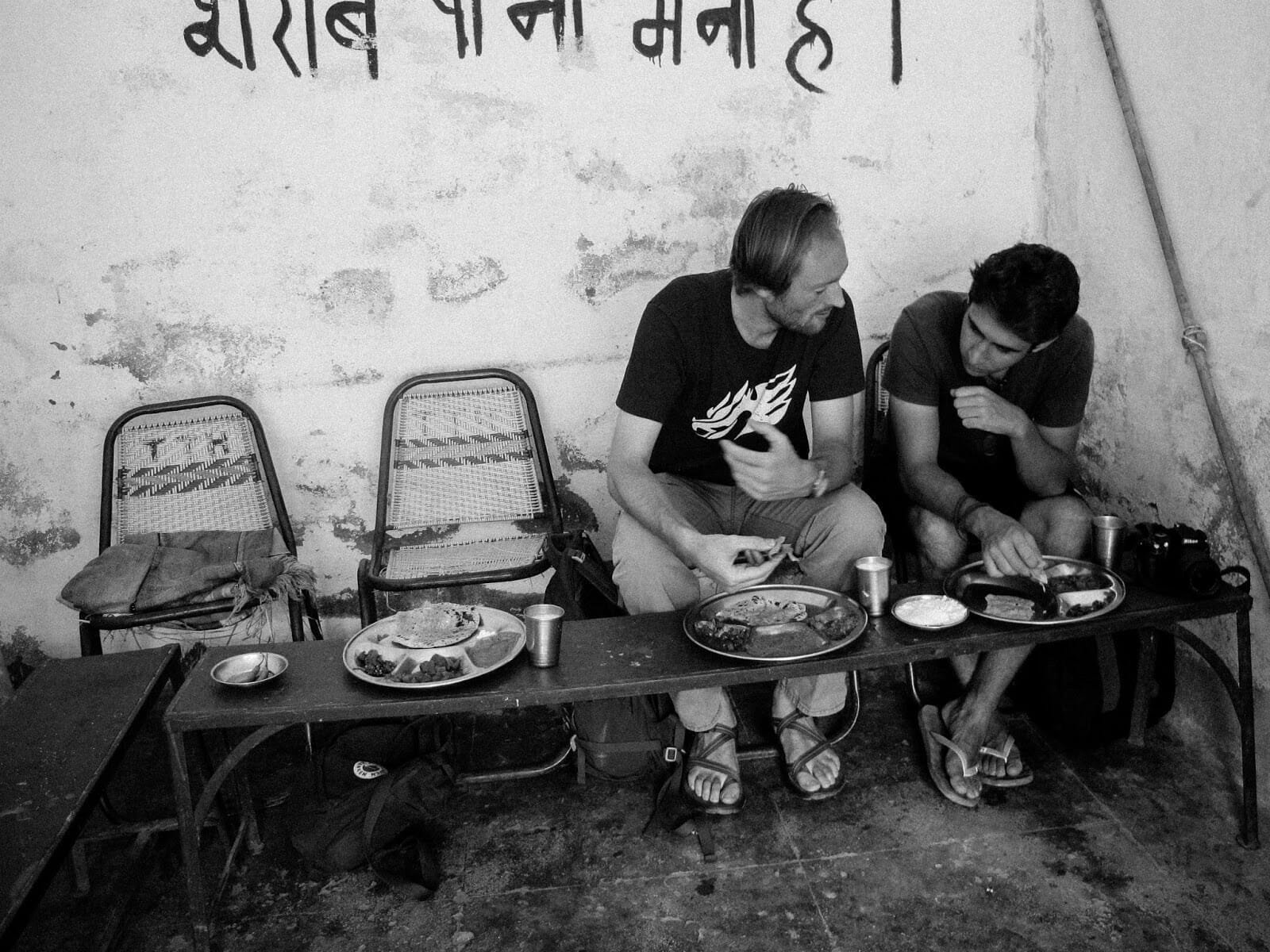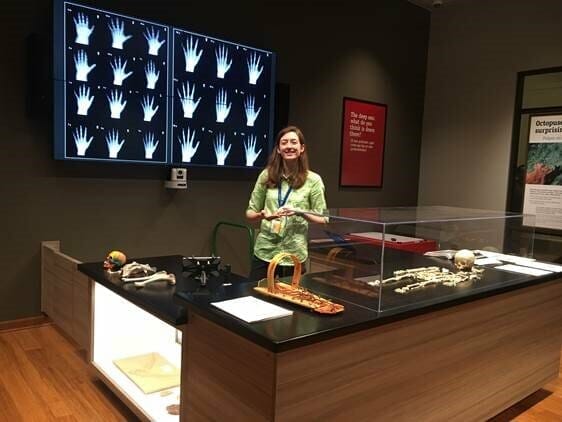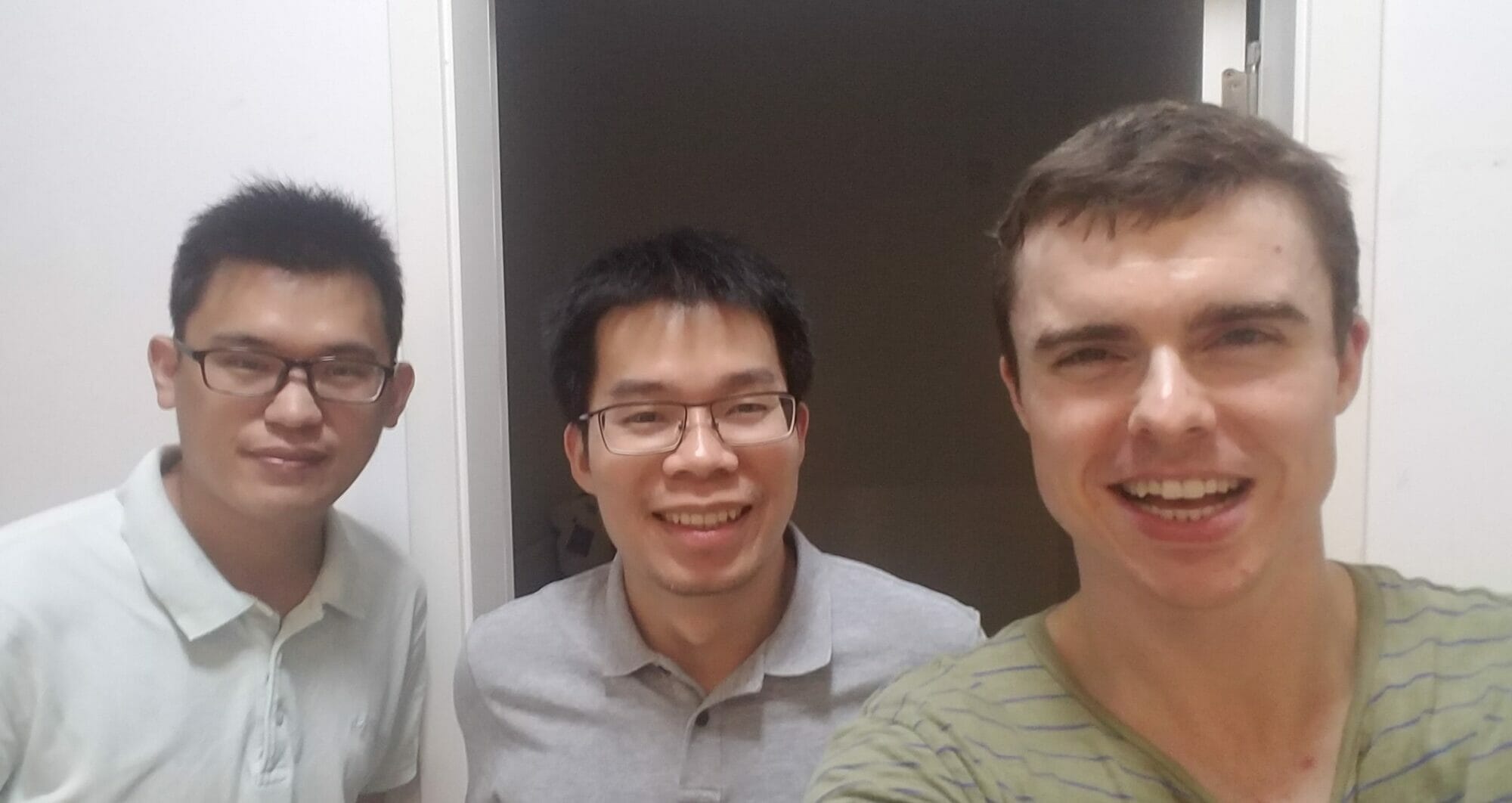Internships are short-term professional experiences with organizations. Most commonly, they are opportunities to build skills, gain experience, and develop your network in a specific field. Even for graduate students, internships have become a critical building block of resumes for positions in industry, nonprofits, and government. This is because hiring managers want to see that you applied your graduate training in a practical manner and that you have experience in the environment in which you seek to work after graduate school. Even in academia, where internships are less integral, hands-on experiences can be a useful way to build complementary skills in administration or advising.
UChicagoGRAD’s flagship program, the Advance Internship Program, enables students to create meaningful, skill-building internships that make use of their graduate training, and offers a limited number of $6,000 stipends to pursue these opportunities.
Set up a meeting with your UChicagoGRAD career advisor to discern what internship opportunities may be right for you, and how to find and apply to them.
UChicago offers multiple resources for locating, applying for, and funding internships. Please refer to the GRAD Guide to Finding an Internship in the GRAD Gargoyle Content Library.
Students interested in building experience in higher education administration should consider UChicagoGRAD’s Credential in Higher Education Administration, a co-curricular professional development program that supports aspiring college and university administrators.



